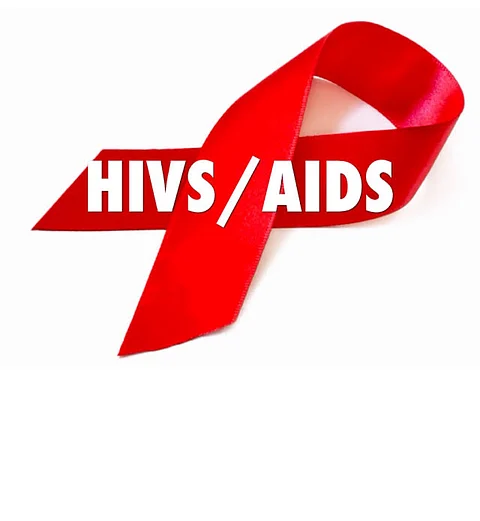

Nigerians have been advised to support those living with Human Immunodeficiency Virus, HIV, rather than stigmatize or discriminate against them.
This was the submission of the Impact and Development Initiative during a meeting in Lagos on Wednesday, July 5, 2023.
According to the 2019 Nigeria HIV/AIDS Indicator and Impact Survey Results (NAIIS), Nigeria has a national HIV prevalence of 1.4 percent among persons aged 15 to 49 years.
This accounts for an estimated 1.9 million people living with HIV in Nigeria. However, women aged 15 to 49 years are disproportionately affected because they are more than twice as likely to be living with HIV than men.
According to reports, adolescent girls and young women living with HIV have limited/no access to life-saving sexual and reproductive health and rights services, including contraceptives, HIV testing, pre-exposure prophylaxis, and antiretroviral therapy.
This is largely due to limited availability of healthcare facilities, trained health-care providers, and stigma.
However, speaking during the Sustainable Impact and Development Initiative under the We Lead project supported by HIVOS, the Executive Director of the Sustainable Impact and Development Initiative, Ms. Elizabeth Williams, encouraged youths to transfer the knowledge and skills they had gained to their peers.
She further called on all relevant stakeholders, including the government, civil society organizations, academic and religious institutions, private sector organizations, parents, and media agencies, to collectively work together to ensure that everyone, particularly young women living with HIV, has access to treatment in order to achieve viral suppression.
She said: “We must all support people living with HIV and not stigmatize or discriminate against them. By doing this, we will be a step closer to the eradication of the AID epidemic by 2030 in Nigeria.
“The Sustainable Impact and Development Initiative for Adolescent and Youth is a youth-led non-governmental organization that is dedicated to advancing the sexual reproductive health and rights of adolescents and young people in urban and rural communities in Nigeria.
“Our vision is to build a society where every young person can reach their full potential free of sexual health challenges, regardless of their socio-economic status,” she said.
